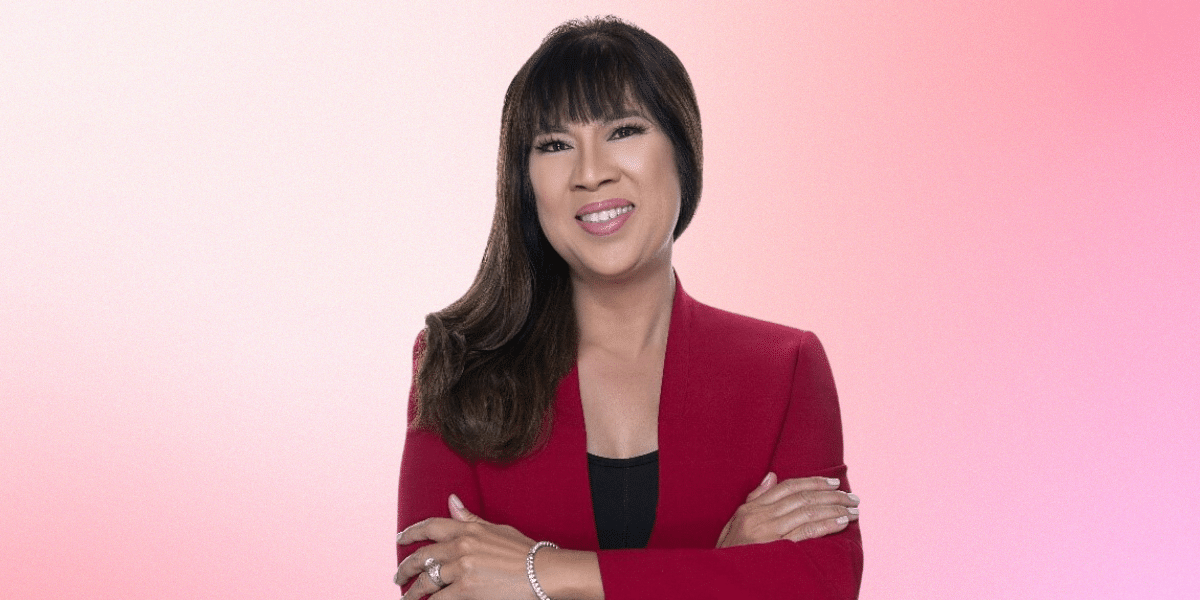Ahead of the National People’s Congress, which is scheduled to start on Sunday, the Chinese Communist Party (CCP) has just finalized its picks for important government positions.
These nominations include the appointment of four men to lead China’s economy: Li Qiang as president, Ding Xuexiang as executive vice president, He Lifeng as vice president, and Zhu Hexin as new governor of the central bank.
The fact that no women have been proposed for these important economic positions is noteworthy, even though these appointments are noteworthy in and of themselves. Given that women have contributed significantly to China’s economic growth over the past few decades, this lack of diversity is especially startling.
The appointments are additionally viewed as a component of CCP leader Xi Jinping’s larger initiatives to bolster the party’s control over the nation’s economic institutions.
The four candidates for these positions, in contrast to their predecessors, are either close friends of Xi or connected to his trusted aides, but they have little prior experience working with international financial institutions.
Many people will be closely watching how the new team will direct policy and achieve the necessary economic revival in China given the numerous challenges they face, including weak consumer spending, an unstable job market, a downturn in real estate, a lack of business assurance, the financial woes of local governments, a growing elderly population, and escalating tension with the US regarding technology sanctions.
Economic Sustainability
The National People’s Congress is set to set an economic growth target for this year, which is expected to be an improvement on last year’s anemic 3%, but which is unlikely to match the pace of expansion China enjoyed before the pandemic.
As the new team takes the reins, it will be essential for them to develop innovative policies and strategies that can steer China’s economy through these turbulent times.
One key question is how the new team will balance the need for short-term economic stimulus with longer-term economic sustainability.
China’s economy has relied heavily on debt-fueled growth in recent years, and there are concerns about the sustainability of this model over the long term. The new team will need to find ways to promote sustainable growth while also addressing immediate challenges.
Another challenge will be navigating China’s tense relationship with the United States. The Trump administration’s use of technology sanctions against Chinese companies has created significant headwinds for China’s tech sector, and it remains to be seen how the Biden administration will approach this issue.
Read also: Get Up to Date with the Latest News: Online Newspapers
The new team will need to find ways to support China’s tech industry while also addressing US concerns.
4 Men to Take Over
Li Qiang
Li Qiang, former party boss of Shanghai, has been named as China’s No. 2 party official, putting him in line to succeed Premier Li Keqiang when he retires during the upcoming National People’s Congress.
Li Qiang’s rise to power was swift, given his personal ties with Chinese leader Xi Jinping, who promoted him to the position last year. Unlike his predecessors, Li Qiang did not previously work at the State Council as vice premier, but his tenure in Shanghai indicates a pragmatic, pro-business style.
During his time in Shanghai, Li Qiang oversaw the city’s chaotic two-month lockdown in response to the COVID-19 pandemic, which drew both criticism and praise. Despite the lockdown, Tesla built its first gigafactory outside the United States in the city, which is seen as a sign of Li Qiang’s willingness to support private companies and foreign investors.
Starting his career as a laborer at an irrigation pumping station, he progressed through the ranks of the provincial bureaucracy. His fortunes changed when he acted as Xi Jinping’s informal chief of staff while Xi served as the party leader of Zhejiang province from 2002 to 2007.
Next Premier
Li Qiang’s new role as premier will give him the task of overseeing the management of the economy, while a number of vice premiers will be responsible for handling specific issues and providing support. As China navigates a growing array of challenges, including sluggish consumption, rising unemployment, and a downturn in the housing market, Li Qiang will need to deliver the economic recovery.
Analysts predict that Li Qiang’s tenure as premier will be more friendly towards private companies and foreign investors, which could lead to a more favorable business environment in China in the coming years.
Based on his experience in leading the launch of China’s Nasdaq-like stock market on the Shanghai stock exchange in 2019 and his pro-business style, it is likely that he will adopt a practical and realistic approach when it comes to making economic policies.
However, it remains to be seen how he will handle the tensions with the United States over technology sanctions, the local governments’ debt distress, and the increasing pressure to address climate change.
Ding Xuexiang
One potential candidate for the role of executive vice premier, responsible for managing China’s domestic economy, is Ding Xuexiang, who currently serves as Xi Jinping’s chief of staff.
Ding’s appointment to such a significant role would be surprising, given that he has never led a province or had much experience in making economic policy. However, Nomura analysts have suggested that Ding is a likely candidate for the position based on their observations of the ranking of the new Politburo Standing Committee.
If appointed, Ding will be responsible for managing China’s fiscal policy, which will be critical as the country continues to navigate economic challenges such as sluggish consumption, rising unemployment, and a downturn in the housing market. He will also have to work with other officials to address issues such as local government debt distress and an aging population.
Born in the eastern province of Jiangsu, Ding has a background in metallurgy and spent 17 years at the Shanghai Research Institute of Materials before joining the Communist Party’s committee in Shanghai. He served as a senior assistant to Xi Jinping when Xi was the party chief in Shanghai in 2007. Later on, he relocated to Beijing after Xi became the top leader of the country in 2013 to serve as Xi’s personal secretary.
While Ding’s lack of economic experience may raise concerns among some analysts, others believe that his appointment could signal a shift towards a more pragmatic, pro-business approach. During his time in Shanghai, Ding played a key role in attracting foreign investment to the city, including the construction of Tesla’s first gigafactory outside the United States.
He Lifeng
It is expected that He Lifeng, the current head of China’s National Development and Reform Commission, will take over as the next vice premier responsible for economic, financial, and industrial affairs, succeeding Liu He.
In contrast to Liu, who received his education from Harvard, He Lifeng has not studied abroad. He gained recognition for supervising the construction of a large-scale state-led investment project in Tianjin, which has resulted in abandoned buildings and an enormous financial burden on the local government.
Read also: China’s Manufacturing Rebounds Strongly While Asia Faces Economic Challenges
Zhu Hexin
The governor of the PBOC, responsible for China’s monetary policy and overseeing the financial system, is another crucial role to be filled during the congress. According to The Wall Street Journal, Zhu Hexin, who is the chairman of Citic Group, a Chinese state-owned financial conglomerate, is the frontrunner to assume control as governor of the People’s Bank of China, succeeding economist Yi Gang. In contrast to Yi, who holds a doctorate in economics from the University of Illinois, Zhu has relatively little experience abroad.
The appointments reflect a leadership style that prioritizes personal loyalty over competence, according to Sonja Opper, a professor at Bocconi University. However, some analysts suggest that Ding and He may be pragmatic and pro-business in their approach, while Zhu may bring stability to the PBOC, having already served as deputy governor.
While the appointments will be closely watched, concerns remain that China’s leadership may become isolated and lose sight of alternative ways to address the country’s many challenges. Nevertheless, with China’s economy facing ongoing pressures from the pandemic and an aging population, the selection of these key roles will be crucial in determining the country’s future economic direction.
Photo: Bright Spot







